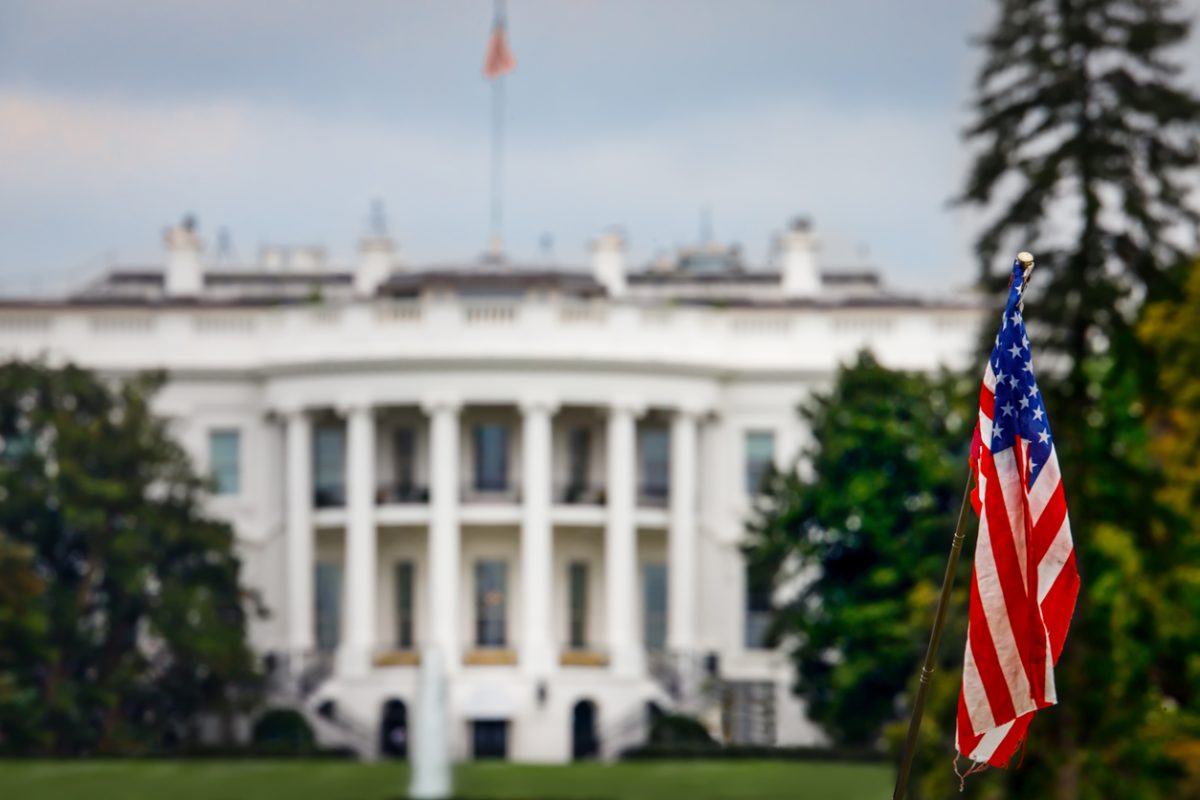Positive domestic reactions – opposing tones from the People’s Republic.
On Tuesday, U.S. President Joe Biden announced new tariffs and hikes of existing ones on a wide range of Chinese imports worth $18 billion, including electric vehicles, batteries, and critical minerals. The action is part of Biden’s strategy to reshore the production of key industries and make domestic companies more competitive. The list of tariffs also includes imports of magnets with a new levy of 25 percent from 2026. Here, the U.S. and the rest of the world heavily depend on the People’s Republic, as the country accounts for roughly 90 percent of rare earth magnet production. These magnets are key components of electric vehicle motors, wind turbines, and everyday goods, such as smartphones or loudspeakers.
Reactions in the United States: Actions “Level the Playing Field”
MP Materials, the only U.S. miner of rare earth elements needed to produce these high-performance permanent magnets, published a statement addressing the new list of tariffs yesterday. The push would “level the playing field for domestic producers,” the company said on LinkedIn. CEO James Litinsky attended a White House event with President Biden following the announcement. The rare earth miner is constructing a magnet factory in Fort Worth, Texas, with a targeted production start in late 2025, right ahead of the magnet tariffs that come into force in 2026.
The think tank Atlantic Council assessed some of the most significant impacts of the new actions by the Biden Administration. It also highlighted that some of the most impactful provisions for U.S.-China trade relations, namely lithium-ion batteries and magnets, do not come into effect before 2026, giving the U.S. some leeway to prepare. Other aspects, such as the levy on electric vehicles, are negligible, according to the think tank, as the U.S. is currently a minor destination for Chinese EVs.
Impacts on Other Countries – Australia Hopes to Benefit
On the other side of the globe, the Australian industry pays great attention to the critical mineral tariff of 25 percent and hopes it could eventually benefit from the new U.S. actions. Currently, the raw materials of the resource-rich country are mostly shipped to China as the People’s Republic is home to a majority of refining and processing capacities. Thus, the tariffs will not immediately affect the Australian resource sector. In an interview with the Australian Financial Review (Paywall), intelligence company Benchmark Critical Minerals argues that this could change in the future. The levy could “encourage the development of downstream capacity outside of China,” which could eventually bring Australian exports to other destinations.
Hostile Reactions From the Counterpart of the New Tariffs: China
The People’s Republic unsurprisingly responded negatively to Biden’s announcement. According to the government-affiliated Global Times, China’s Ministry of Commerce argued that the U.S. move is a “politicization and weaponization of trade issues” and would “seriously impact” bilateral cooperation. Wang Wenbin, a spokesperson for the Chinese Foreign Ministry, urged the U.S. Government to scrap the plans. A direct Chinese response to the U.S. tariffs is yet to be announced, but Wang added that the People’s Republic will take “necessary measures” to protect its rights and interests.
Photo: iStock/Bill Chizek


